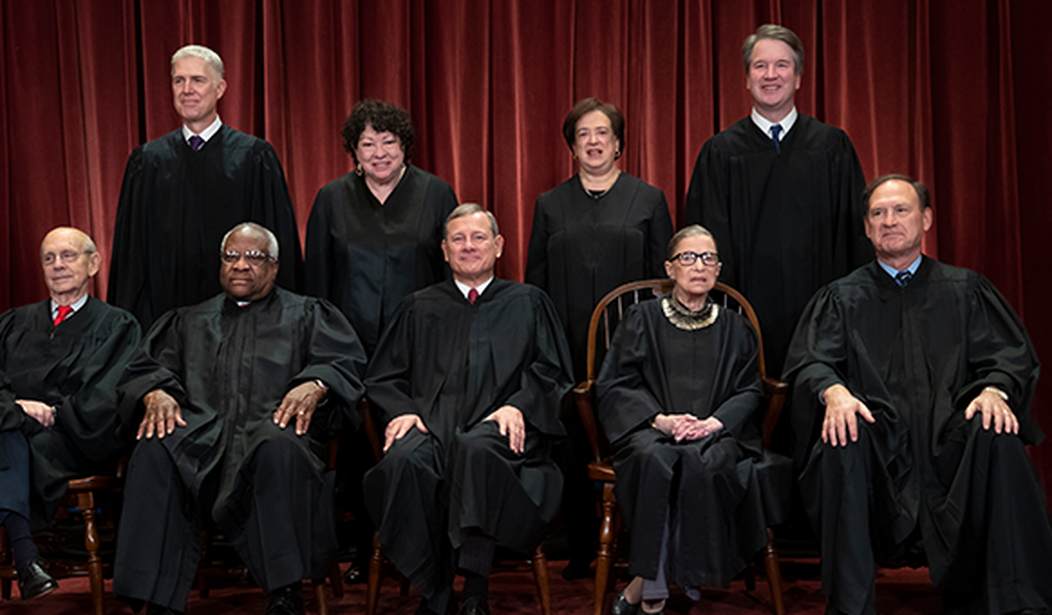The U.S. Supreme Court’s decision in June Medical Services v. Russo, which struck down Louisiana’s Unsafe Abortion Protection Act (Act 620), prevents Louisiana from enacting a commonsense measure to protect women and to hold abortion doctors to the same standards as doctors at other ambulatory surgical centers.
Abortion providers challenged Act 620, which required abortion doctors to have admitting privileges to a hospital within 30 miles of their abortion facility. The law protected the health and safety of women. Requiring doctors to have admitting privileges helps screen out incompetent practitioners. And, in case of an emergency, it protects women by ensuring the abortion doctor can quickly admit them to a nearby hospital and provide continuity of care.
States have a right to ensure that women who have abortions receive the best possible care—something that an overwhelming percentage of Louisiana legislators recognized. Over 90 percent of the state’s House and Senate voted for Act 620. The law received bipartisan support, with Democrats playing a significant role in promoting it. Protecting the health and safety of women simply should not be a controversial or partisan matter.
There are too many chilling examples of what happens when the abortion industry operates without sufficient state oversight. In just the past few years in Louisiana, lack of competency screening and continuity of care have led to tragedies. Louisiana abortionist Dr. James Whitmore left a woman to bleed on the table for hours following an abortion. One employee said that he “would not let her call 911 because of possible media involvement.”
This abortionist was more concerned about his own job than providing the best care for his patient. Fortunately, the employee defied Whitmore and called for help, which likely saved the patient’s life. But there were grievous consequences to Whitmore’s negligence: the patient had to undergo a complete hysterectomy.
Recommended
Another Louisiana abortionist, Dr. David Golden, punctured a woman’s uterus during an abortion. Instead of admitting her to a hospital, he sent her home and told her to take Tylenol. Instead, she drove straight to the hospital, where she underwent emergency surgery to remove her uterus and the child’s head, which Golden had left in her womb.
Another patient of Golden’s was in the hospital for three days with serious symptoms before doctors there learned that she had undergone an abortion. It was only during emergency surgery that the hospital staff discovered a massive uterine infection and her child’s skull. This patient also required a complete hysterectomy to save her life.
These instances of negligence by Louisiana abortionists are why the state passed Act 620. Had Dr. Golden been required to have admitting privileges, the hospital would have had access to much more medical information, and it likely would not have taken three days to resolve his patient’s serious condition.
Doctors at other ambulatory surgical centers in Louisiana are required to have privileges to admit and treat their patients at nearby hospitals. Act 620 simply affirmed that women seeking abortions have the same right to competent care as patients involved in other surgical procedures. The abortion doctors opposing the law wanted a special exemption—and they got it.
But while the court’s decision is extremely disappointing, it doesn’t mean states must allow unsafe abortions. The controlling concurring opinion held that Louisiana’s law was “nearly identical” to a law struck down by the high court just four years ago. Chief Justice John Roberts acknowledged that states can pass laws to protect women’s health when those laws are “reasonably related to a legitimate purpose” and do not present a substantial obstacle to abortion.
The court also rejected the abortionists’ argument that the court will subject such laws to higher scrutiny—squelching the pro-abortion mantra that the 2016 Whole Woman’s Health v. Hellerstedt decision created a new balancing test that states can’t satisfy. The chief justice’s opinion rebuffed such a heightened test as both implausible and inappropriate. In fact, the court’s controlling opinion leaves room for states to enact admitting-privileges laws, which will be reviewed with a case-by-case analysis turning on specific facts, that may be upheld so long as they do not pose a substantial obstacle to abortion.
Pro-life and pro-abortion people should be able to agree that women who seek abortions deserve the same standard of care as women seeking other kinds of outpatient surgeries. And no woman should have her health compromised so that the abortion industry can increase its profit margin.
This latest Supreme Court decision reminds us of the travesty created by Roe v. Wade and the legal snare it set for women and their unborn babies. Four separate dissents from Justices Clarence Thomas, Samuel Alito, Neil Gorsuch, and Brett Kavanaugh, remind us, too. Although the injustice continues, cases like June Medical expose abortion law for what it is: a broken framework that has been a poor fig leaf from the beginning for a “right” that never existed. So we fight on.
Kristen Waggoner is general counsel for Alliance Defending Freedom, which represented Louisiana legislators in an amicus brief filed with the U.S. Supreme Court in June Medical Services v. Russo. Follow her on Twitter @KWaggonerADF and follow Alliance Defending Freedom @AllianceDefends.

























Join the conversation as a VIP Member